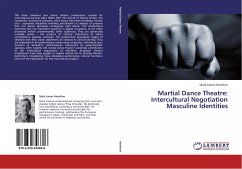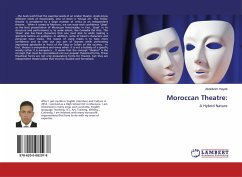This book examines two dance theatre productions created for international touring: Mika HAKA (NZ); The Sound of Silence (India). The companies, Torotoro & Samudra, make dance from their hereditary martial arts expressive disciplines involving practitioners in displays of prowess that are always spectacles contiguous with dance. The productions examined also use movement practices in global circulation, & are often presented before predominantly white audiences. They are generically unstable works the product of cultural interactions in which contradictory agendas converge. The productions propagate images of idealised men that create statements of national & cultural identity. They are implicated in the performative construction of gender, ethnicity & race. Torotoro & Samudra s performances, influenced by queer-feminist agendas, offer insights into martial dance theatre s potential contribution to the intercultural negotiation of identities. European theatre practitioners have long sought to employ martial arts to develop Western performers. Considering these disciplines performative cultural functions, what are the implications for this transcultural project?
Bitte wählen Sie Ihr Anliegen aus.
Rechnungen
Retourenschein anfordern
Bestellstatus
Storno








